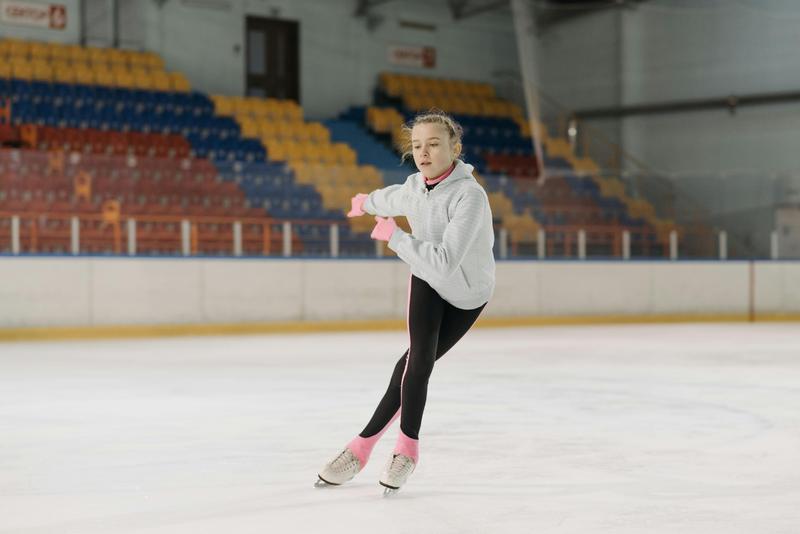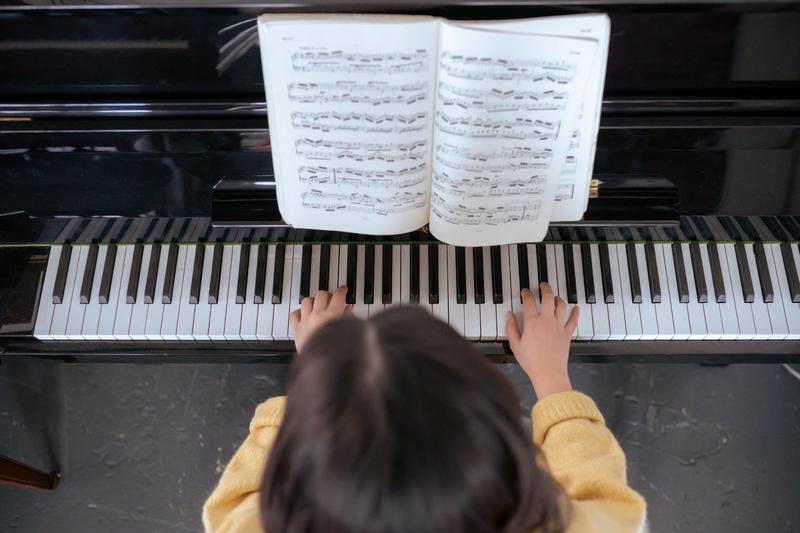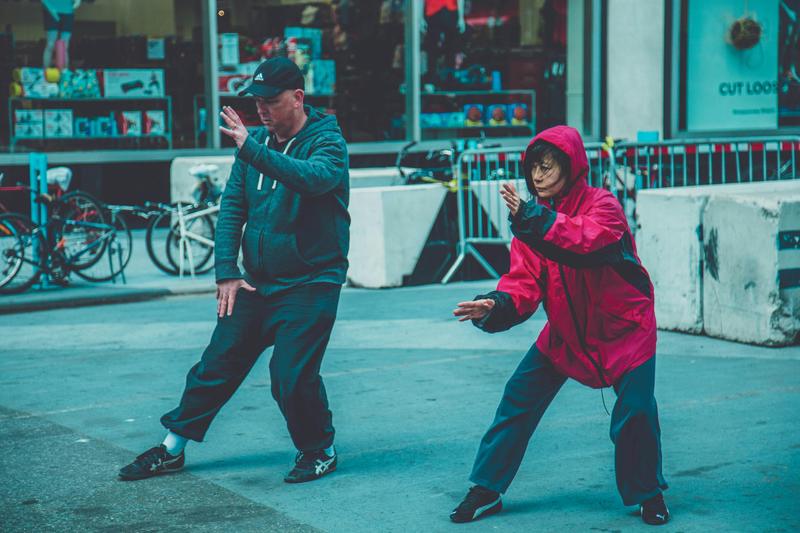What High Performers Do Differently
Imagine sitting down at the piano, determined to master a challenging piece. You start at the beginning and play through the entire thing, over and over. Some parts feel smooth and natural, but others trip you up every time. Yet, instead of isolating the tricky sections, you keep running through the whole piece, hoping the rough spots will magically improve.
But they don’t.
This is a common trap in learning. We want the whole thing to come together so quickly that we skip over what really makes progress happen: deliberately focusing on the hardest parts. Without this targeted effort, those problem areas never get the attention they need to improve, and as a result, the whole piece never sounds as good as it could. This principle doesn’t just apply to music, it’s foundational to growth in any area of life.
The Power of Breaking Things Down
When I first started learning piano as a child, my teacher constantly emphasized: “Don’t play the whole piece over and over. Focus on the sections you struggle with.” At the time, it felt frustrating. Why not just play the fun parts I already enjoyed? But as I spent time working on the harder sections, something interesting happened - those once-tricky measures became smoother, and the overall piece started to come together.
This method works because focusing on specific problem areas allows us to build new neural pathways and fix mistakes before they become habits. Playing through the entire piece without isolating the rough spots might feel productive, but it’s really just reinforcing what you already know. To truly improve, you have to step into the discomfort of working on what’s hard.
This principle applies everywhere. In martial arts, for instance, it’s not about rushing through a form or “kata” just to finish it. Real growth comes from slowing down and refining one movement at a time. This precision, built piece by piece, creates the fluidity and power people associate with mastery. Whether it’s music, sports, or personal growth, focusing on the parts that challenge you is the key to leveling up.
What Top Performers Know About Deliberate Practice
The world’s best performers and athletes understand this better than anyone. Research shows that top athletes spend the majority of their practice time - about 80% - working on the areas where they struggle most. Only about 20% of their time is spent reinforcing what they’re already good at. This focus on “weaknesses” is what allows them to improve rapidly and rise to the highest levels.
A basketball player doesn’t just take shots from their favorite spot on the court. They focus on the angles and positions that feel awkward or less reliable. Similarly, a tennis player spends hours refining their weakest serve rather than coasting on their best one. This approach isn’t necessarily glamorous or fun, but it’s essential for growth. It’s also why deliberate practice feels hard - because it is.
When you apply this principle to your own growth, it shifts the way you think about improvement. Instead of avoiding the hard stuff, you prioritize it. You lean into the areas that feel frustrating, knowing they hold the greatest potential for progress.
Connecting Deliberate Practice to Inner Fitness
Inner fitness, much like mastering an external skill, requires a deliberate and focused approach. It’s not just about meditating or reading about personal growth - it’s about identifying the specific patterns or triggers that hold you back and working through them intentionally.
For example, let’s say you’re someone who struggles with self-doubt. If you try to tackle all your insecurities at once, it can feel overwhelming. But if you isolate one specific situation, say, the way you talk to yourself after making a mistake - and practice responding to it differently, that’s where real change begins. You’re essentially breaking the larger “piece” of personal growth into smaller sections and focusing on the rough spots.
This approach was also mirrored in my martial arts training. At first, I wanted to learn the full forms quickly. But I soon realized that rushing through the entire sequence left certain movements feeling awkward and unbalanced. When I slowed down and practiced individual movements, I began to notice small improvements that made the whole form feel more cohesive.
Inner fitness works the same way. If you want to develop emotional resilience, for example, it’s not enough to vaguely hope for it. You need to focus on a specific trigger or reaction, work with it deliberately, and train yourself to respond differently. Over time, those small adjustments lead to a stronger, more balanced inner world.
The Piano as a Template for Lifelong Growth
When I think back to my early piano lessons, it’s clear how much they shaped the way I approach challenges today. They taught me that progress doesn’t come from trying to do everything at once - it comes from breaking things down, focusing on what feels hardest, and trusting the process.
This mindset has been invaluable in everything from martial arts to personal development. In Kung Fu, for instance, the forms and techniques can feel overwhelming at first. But by isolating one movement or combination and practicing it repeatedly, I was able to refine my technique and integrate it into the larger whole. The same principles applied when I started working on my inner fitness. Instead of trying to change everything at once, I focused on one small habit or thought pattern at a time.
Piano also taught me the importance of feedback. In music, a wrong note is obvious. In life, the feedback might be more subtle - a sense of frustration, a recurring pattern, or tension in the body. Paying attention to those signals allows you to focus your efforts where they’re needed most.
Why Focusing on the Hard Stuff Matters
It’s human nature to avoid the things we struggle with. Practicing the parts we’re good at feels easier and more rewarding in the moment. But growth happens in the discomfort. When you train yourself to lean into the hard parts, whether it’s a difficult piano measure, an awkward movement in Tai Chi, or an emotional trigger, you start to see real progress.
This doesn’t mean everything has to feel like a grind. In fact, the sense of satisfaction that comes from improving a once-challenging area is one of the most rewarding aspects of deliberate practice. It’s what keeps athletes, musicians, and even those on a path of inner growth coming back for more.
One Actionable Step to Start Today
Pick one “rough spot” in your life, whether it’s a physical skill, an emotional reaction, or a mental habit. Break it down into the smallest possible piece and focus on practicing that deliberately for a few minutes each day. The key is consistency. Over time, these small, focused efforts will create noticeable improvements.
The Inner Foundation Series provides tools to help you identify and refine the “rough spots” in your inner world. With guided meditations and targeted exercises, it supports a deliberate and step-by-step approach to building resilience and clarity.

